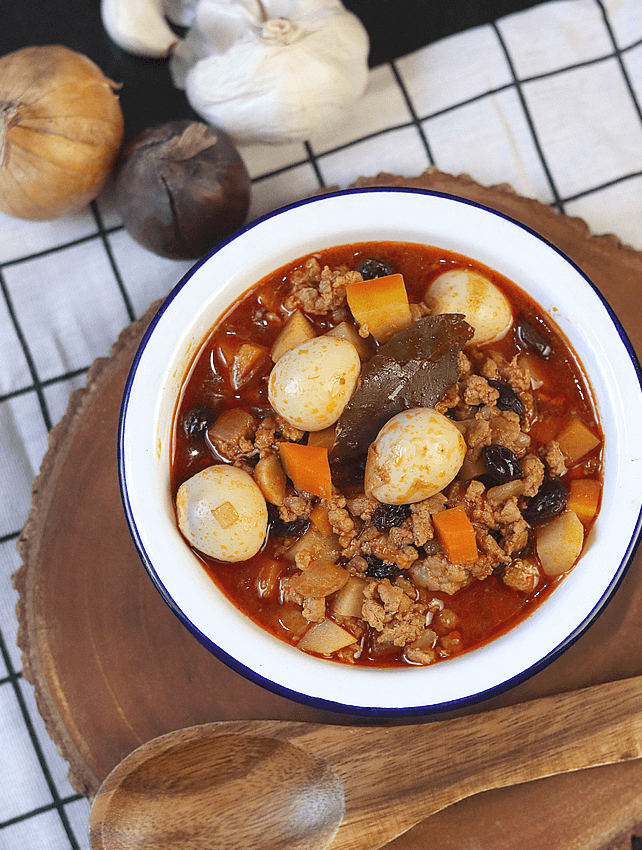
Starting a fitness journey involves more than committing to training sessions. Nutrition forms the foundation of performance, recovery, and long-term athletic development. For beginner athletes, building a food plan can feel overwhelming, but with a clear structure and simple principles, it becomes manageable and even enjoyable. A good food plan supports energy needs, aids muscle repair, and helps athletes build healthy habits that last.
New athletes often pay attention to workout routines but forget how much nutrition influences progress. Just as someone might scroll through a sportsbook to compare trends or track outcomes, athletes compare how different foods influence their energy, focus, and results. Learning which foods support performance will help beginners stay consistent and avoid burnout.
Start with Balanced Macros
A foundational food plan starts with the right balance of macronutrients. Carbohydrates provide fuel for training, protein helps rebuild muscles, and healthy fats support long-term energy and hormone function. Beginners do not need to obsess over numbers, but understanding the role of each macro makes planning much easier.
Carbohydrates should make up a significant portion of an athlete’s diet. Whole grains like oats, brown rice, and quinoa offer steady energy, while fruits provide quick fuel before a workout. Vegetables supply vitamins and minerals that support muscle function and hydration. Many beginners avoid carbs for fear of gaining weight, but they are essential for training. Without carbs, workouts feel harder and recovery suffers.
Proteins should appear in every meal. Chicken, fish, turkey, Greek yogurt, beans, and tofu are strong options. Protein helps repair small muscle tears caused by exercise, making the body stronger over time. Beginner athletes benefit from distributing protein evenly throughout the day instead of consuming most of it at dinner.
Healthy fats round out the macro trio. Foods like avocados, nuts, seeds, and olive oil support joint health, heart function, and nutrient absorption. They also help athletes feel full for longer, reducing the likelihood of overeating processed snacks.
Focus on Timing
Food timing helps athletes get the most out of their meals. A small snack rich in carbs, such as a banana or granola bar, works well 30 to 60 minutes before a workout. This quick fuel supports energy without causing digestive discomfort. After training, the body needs protein and carbs to start the recovery process. A smoothie with fruit and Greek yogurt or a turkey wrap with vegetables makes an ideal post-workout meal.
Beginners should aim to eat consistently. Skipping meals can lead to fatigue, poor performance, and overeating later. Establishing a routine is important not only for physical progress but also for building discipline.
Hydration Matters
Hydration often gets overlooked, but beginner athletes should consider water as a key part of their food plan. Proper hydration supports muscle contractions, focus, and temperature control. A good rule of thumb is to drink water steadily throughout the day rather than consuming large amounts right before training. For longer sessions, adding electrolytes can help replace minerals lost through sweat.
Choose Whole Foods
A solid food plan prioritizes whole foods over heavily processed products. Whole foods provide vitamins, minerals, fiber, and antioxidants that the body needs for recovery and long-term health. Some beginner-friendly options include berries, leafy greens, sweet potatoes, eggs, chicken, salmon, beans, nuts, and whole grains.
Even so, convenience foods can play a role when schedules get busy. Pre-cut vegetables, rotisserie chicken, and frozen fruit make it easier to stay on track without sacrificing nutrition.
Key Foods and Their Benefits
Athletes should consider incorporating several nutrient-rich foods because they deliver specific performance benefits:
Bananas: Packed with potassium and carbohydrates, they support muscle function and provide quick energy.
Oats: A slow-digesting carb that stabilizes energy levels during long workouts.
Salmon: High in protein and omega-3 fatty acids, which reduce inflammation and support heart health.
Greek yogurt: Provides protein and probiotics that aid muscle repair and digestion.
Sweet potatoes: A source of complex carbs and vitamins that fuel endurance training.
Spinach: Loaded with iron and antioxidants to support oxygen flow and reduce fatigue.
Nuts and seeds: Offer healthy fats and minerals that help keep energy levels steady.
Eggs: A complete protein that supports muscle growth and recovery.
Plan Ahead
Meal planning does not need to be complicated. Beginners can start by choosing a few meals they enjoy and preparing ingredients in advance. Cooking a batch of rice, grilling chicken, washing produce, and portioning snacks can make it easier to stay consistent throughout the week. Planning ahead also helps athletes avoid impulsive food choices that may not align with their goals.
Listen to Your Body
Every athlete is different. Some feel best with higher carb intake, while others prefer more protein. The key is to pay attention to energy levels, mood, sleep quality, and performance. Adjusting the food plan based on these signals will help create a sustainable routine.
By focusing on balance, timing, hydration, and whole foods, beginner athletes can build a strong nutritional foundation. A thoughtful food plan not only supports physical performance but also promotes long term health and confidence.




















